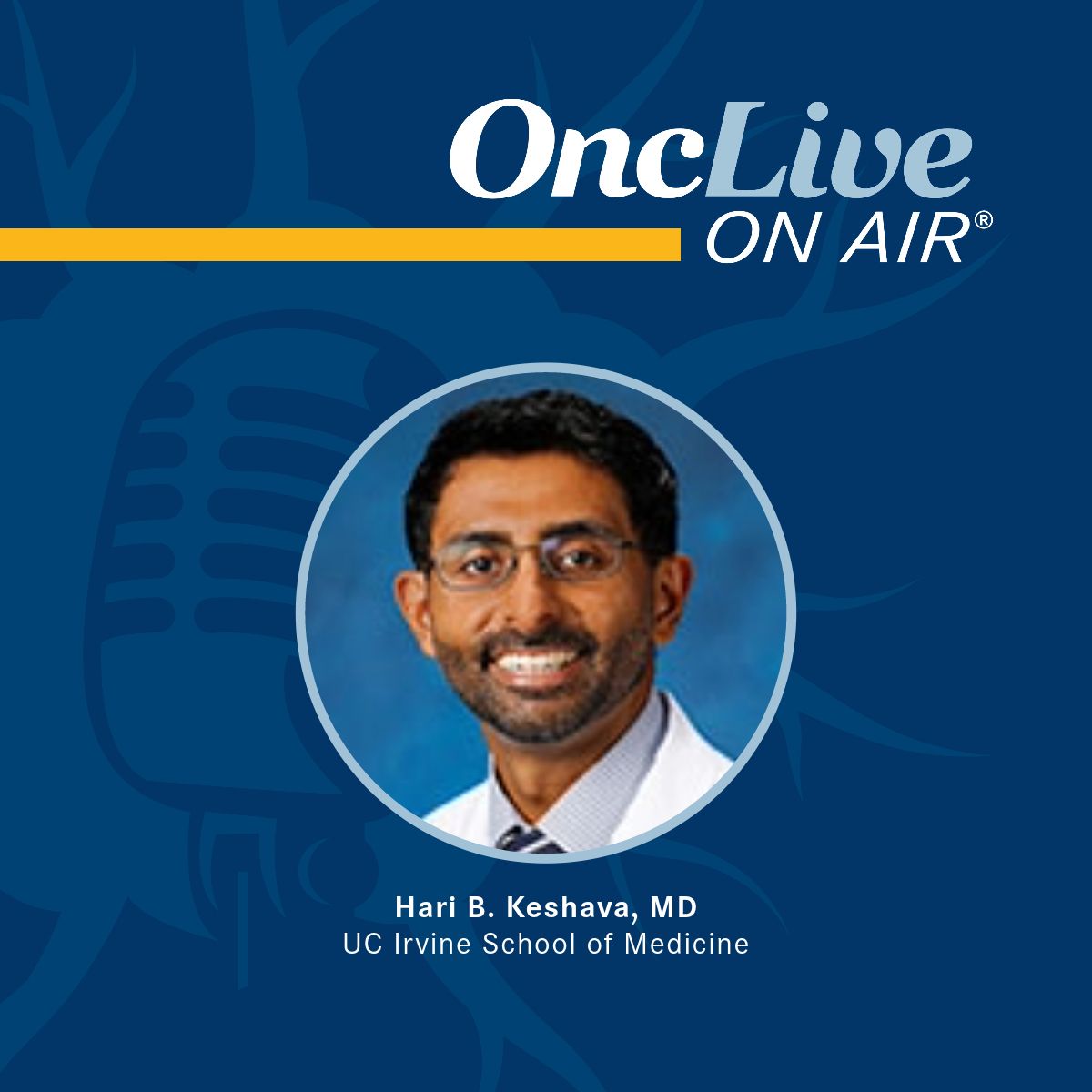Video
Dr. Halmos on MET Mutations in Patients With NSCLC
Author(s):
Balazs Halmos, MD, director, Thoracic Oncology, director, Clinical Cancer Genomics, Montefiore Medical Center, discusses the prevalence of MET mutations in patients with non–small cell lung cancer (NSCLC).
Balazs Halmos, MD, director, Thoracic Oncology, director, Clinical Cancer Genomics, Montefiore Medical Center, discusses the prevalence of MET mutations in patients with non—small cell lung cancer (NSCLC).
In the last 2 years, there have been a flurry of developments recognizing that a subset of patients with NSCLC have recurrent genetic abnormalities affecting the MET gene. The first of these is MET amplification which is not very common and is difficult to define, Halmos explains. There needs to be specific thresholds to understand what level of amplification is a key driver event. Lately, high-driver MET amplification has been identified as an area where MET inhibitors will show promise, such as crizotinib (Xalkori) and cabozantinib (Cabometyx).
Additionally, 3% to 4% of patients with NSCLC have sarcomatoid carcinoma of the lung, which involves a recurrent abnormality known as MET exon 14 skipping mutation. This is a unique genetic abnormality caused by a range of genetic abnormalities, he says. This leads to loss of a particular amino acid that is critical to the binding of another protein. The second protein marks the first protein for degradation. This leads to a drive in cancer growth, Halmos explains.
These are cases where MET exon 14 skipping mutations can be identified and potentially treated with MET inhibitors.
<<<









